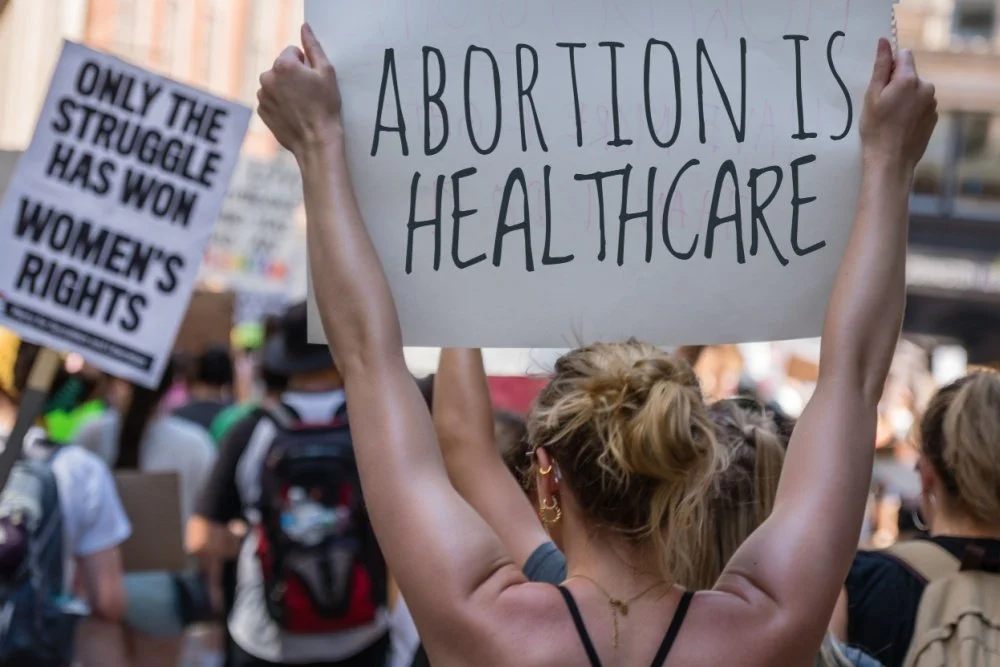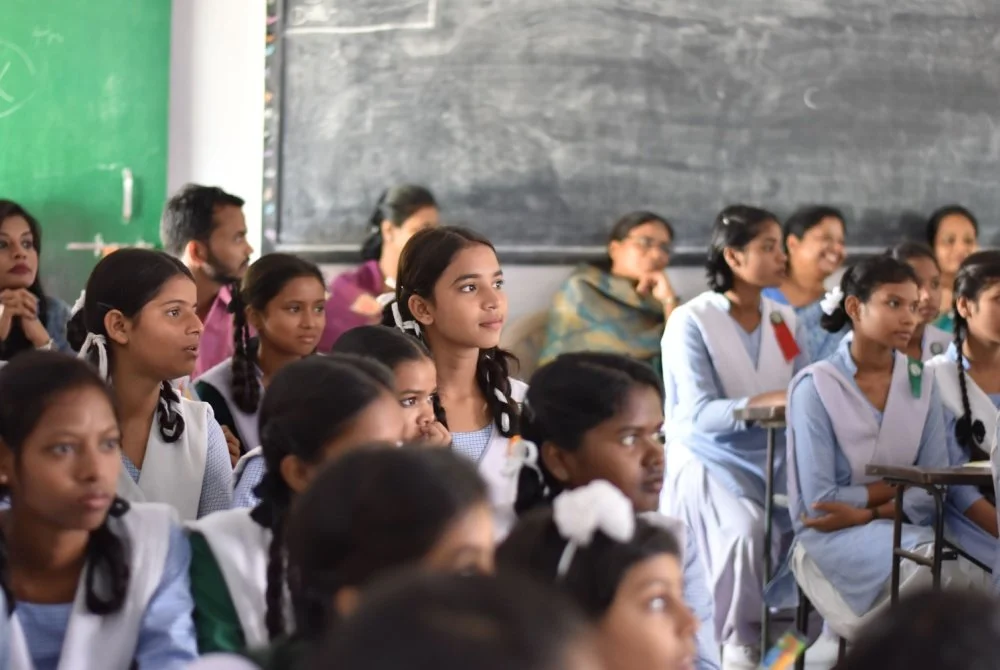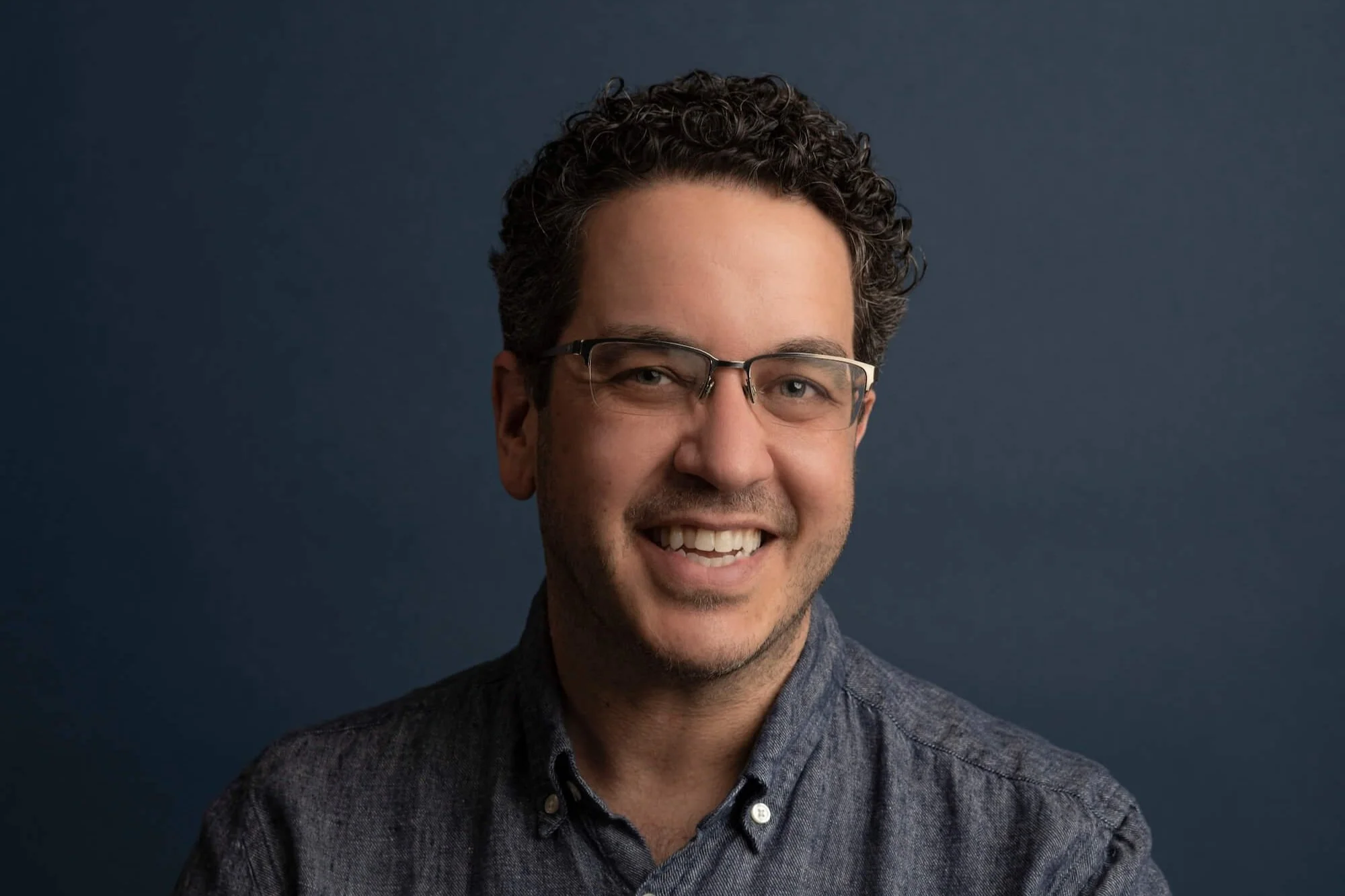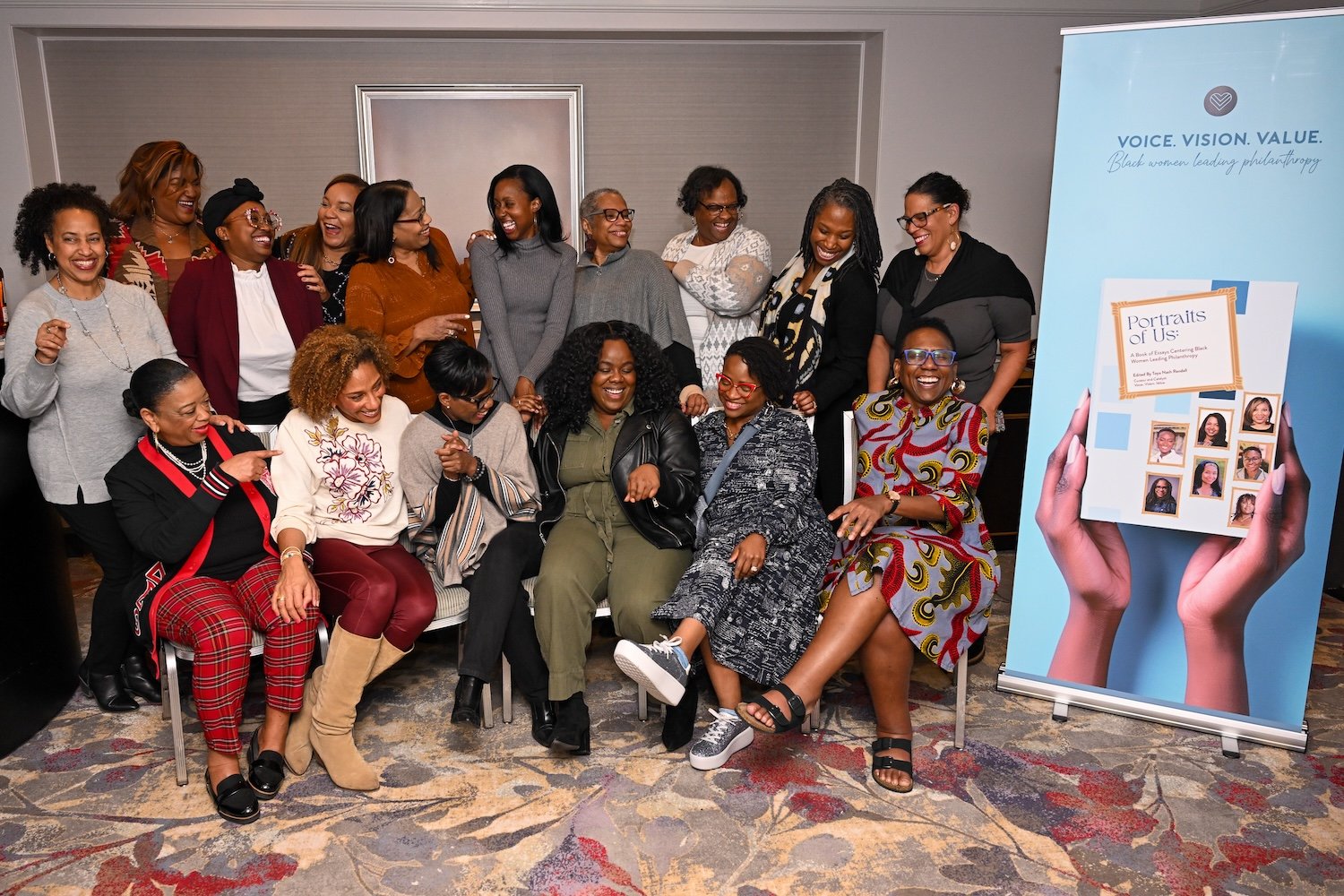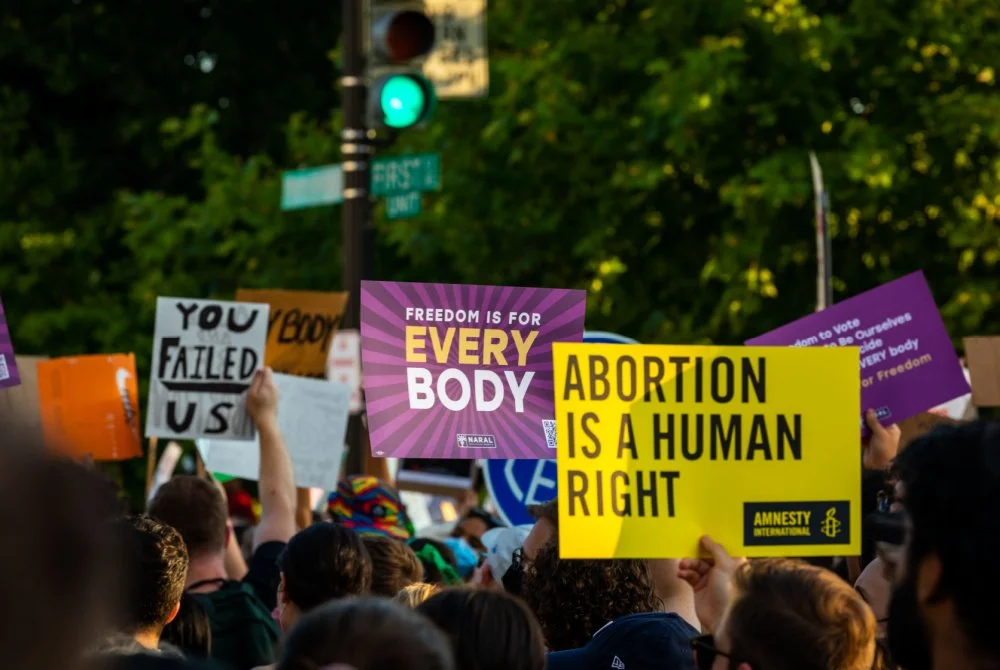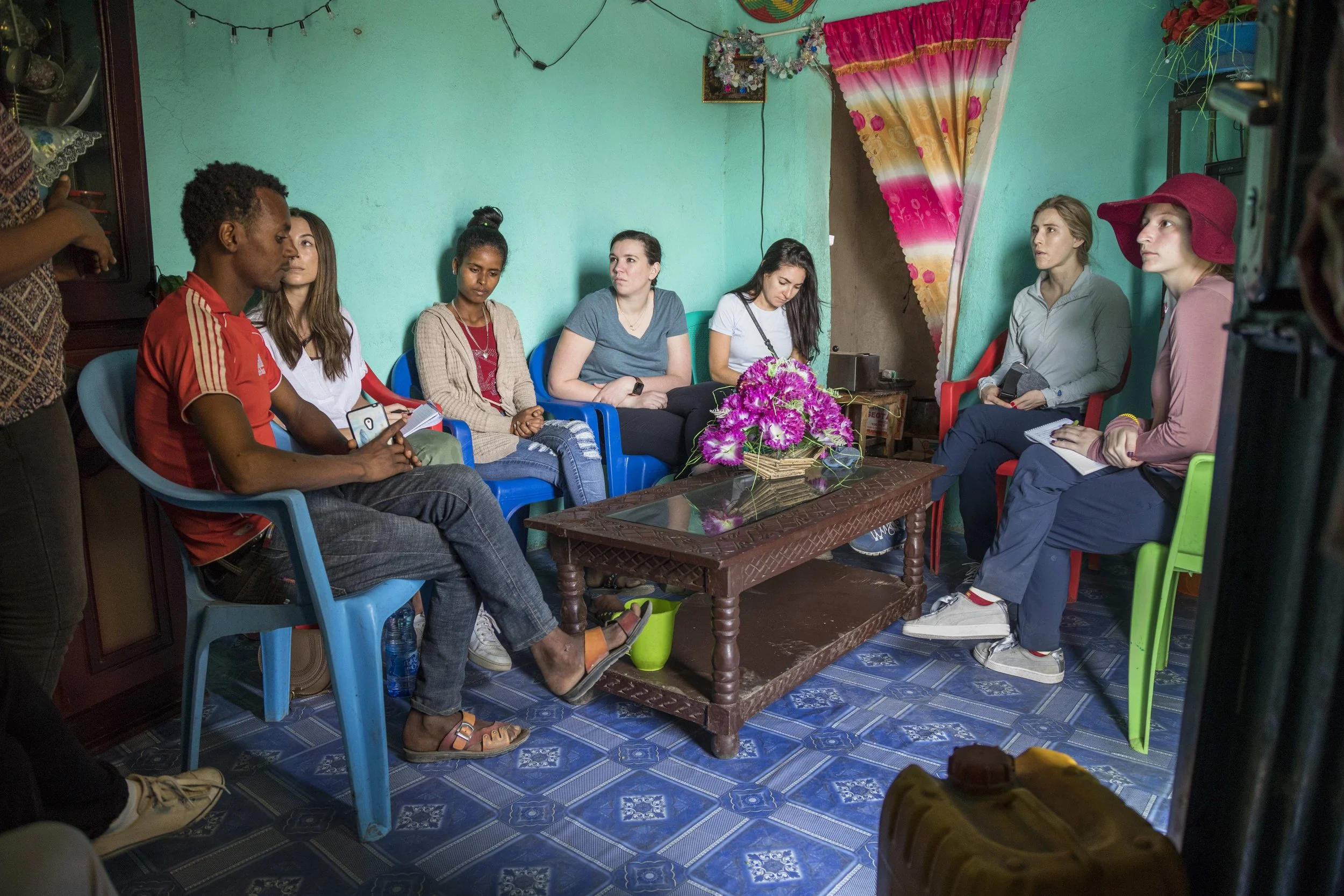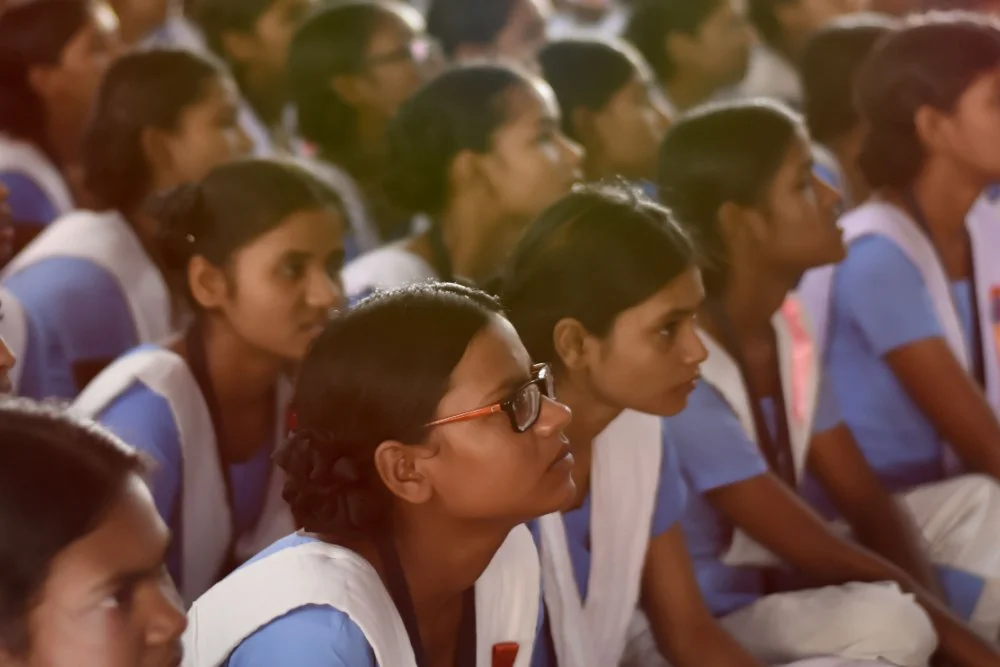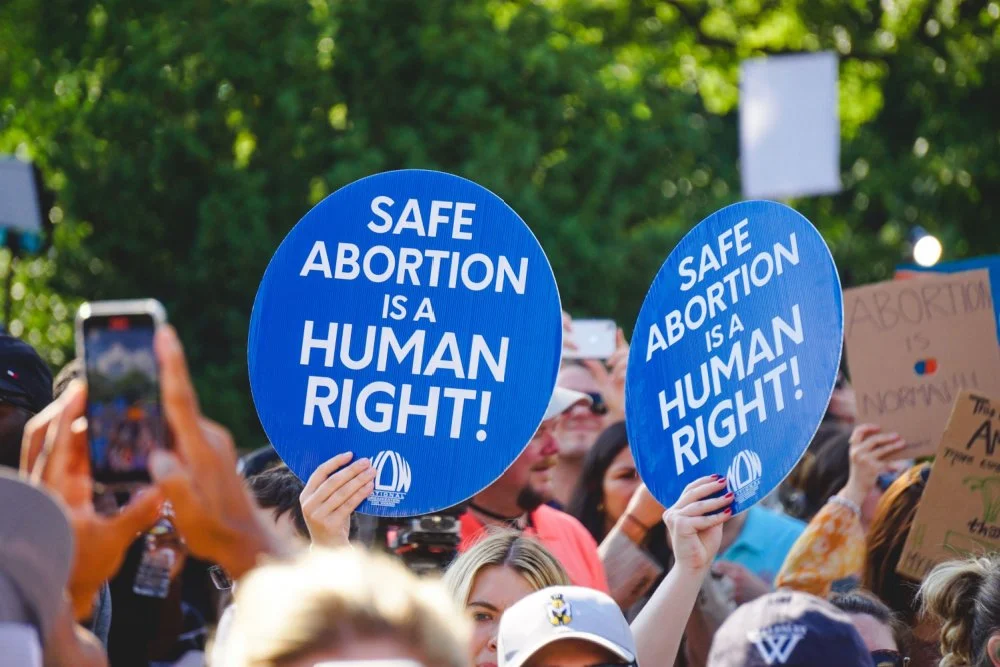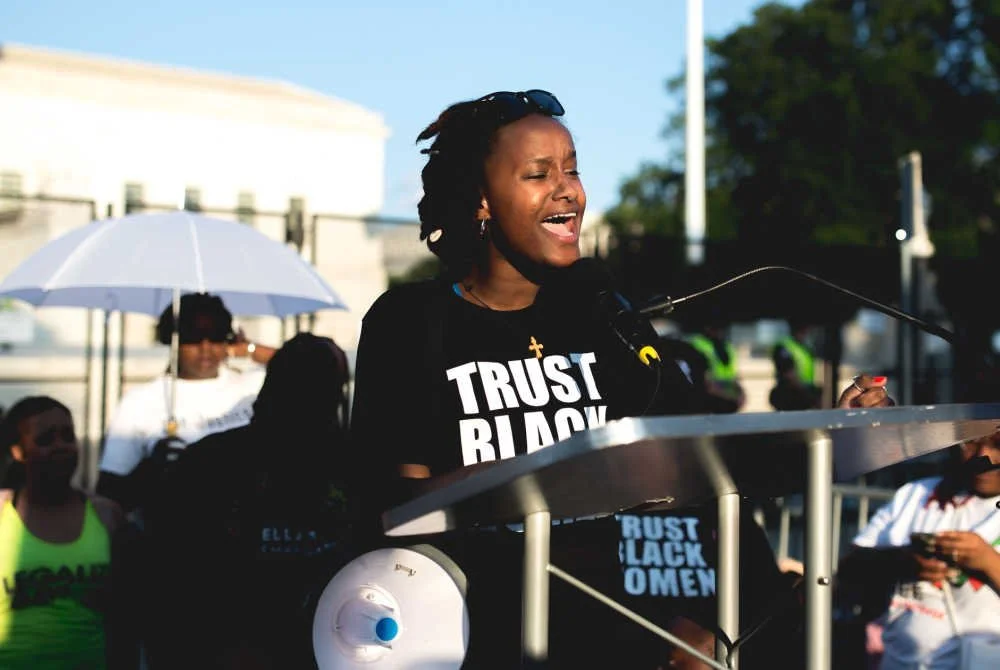This Health Funder Has Big Plans to Reduce Unintended Pregnancies Among Low-Income Women
/In Missouri, the state’s biggest health foundation hopes to cut the unplanned pregnancy rate through a $20 million initiative to provide contraception to low-income women without insurance.
The Missouri Foundation for Health’s new initiative seeks to correct disparities experienced by low-income, minority and rural women, who are more likely to become unintentionally pregnant. Unplanned pregnancies can have lasting consequences for the health of child and mother, and the mother’s long-term financial stability, education level, and employment prospects.
In Missouri, just over half of women describe their pregnancies as unintended. Those statistics are worse for low-income women, who are nearly six times more likely than more affluent women to have an unintended pregnancy, the health foundation said.
The six-year Right Time initiative is led by the Missouri Family Health Council, a nonprofit with a long track record of working to improve reproductive health in the state. It will seek to address inequities in access by working with health clinics and health care centers across the state to improve information about contraception available to women, remove barriers to contraception access, and provide more women with the full variety of options available to plan their families. The goal is to reduce the state’s rate of unintended pregnancies by 10 percent by 2024.
The $20 million in grants augments the $5 million Missouri gets each year to provide low-income residents with family planning and reproductive health resources from the federal government.
Right Time will partner with seven health centers across the state that serve poor and underserved residents. The plan is to add another seven centers each year until the number of grantees reaches 21 in 2021.
A big focus is removing cost barriers to contraception for low-income women. That includes covering the costs of expensive but effective birth control methods like intrauterine devices (IUD) and hormonal implants, often referred to as long-acting reversible contraception (LARC). Those two options are effective 99 percent of the time and leave less room for human error than other forms of birth control like the pill or rhythm method.
Lowering the costs and providing education about the most effective methods of birth control is a key feature of this initiative—though the foundation stresses that the focus is on finding the right contraception for each woman.
A 2013 study from Global Advances in Health and Medicine found that more than half of women who become pregnant unintentionally were using some form of birth control, which likely means women were using less effective forms of contraception, or using it incorrectly. LARCs limit the chance for improper use.
The initiative, which combines federal and philanthropic funding, is reminiscent of a similar program in Colorado that boosted access to LARCs at health centers that receive federal funding for serving low-income residents. A $24 million grant from the Susan Thompson Buffett Foundation, named for Warren Buffett’s late wife, made the initiative a reality.
Related: The Nonprofit Funding Research to Change the Conversation Around Abortion Access
Work in Colorado to provide teens and low-income women access to long-term contraception paid off, literally. The state estimates that it saved nearly $70 million that otherwise would have gone into public assistance from 2009 to 2015. The teen birth and abortion rates dropped by almost half, outpacing the national average, which also declined in that time frame.
It looks like the Missouri Foundation for Health is trying to repeat that success story in its own state. This foundation was created in 2000 when the state’s Blue Cross Blue Shield converted from nonprofit to for-profit status. The funder reported a little more than $1 billion in assets back in 2016.
The Missouri Foundation for Health and other healthcare conversion foundations like it are known for pursuing strategic, place-based work in the states where they’re based, often taking on upstream work focused on social and environmental factors that influence health. In some cases, especially rural areas, they may be the main source of local philanthropic activity.
In terms of foundations that regularly back expanded access to contraception, the Susan Buffett Foundation tops the list. In addition to the Colorado initiative described above, the foundation has been one of the biggest backers of research on IUDs, and played an instrumental role in increasing access to the devices, according to a 2015 investigation from Bloomberg Businessweek. The foundation is also a big supporter of the National Abortion Federation, a professional association for abortion providers.
The William and Flora Hewlett Foundation is another backer of reproductive health. The foundation gave more than $10 million to Planned Parenthood during the last decade. The Open Society Foundations has also given to the organization. The David and Lucile Packard Foundation has supported both Planned Parenthood and the National Abortion Federation.
The Bill and Melinda Gates Foundation also prioritizes access to contraception, though the focus is much more international.
Of course, expanding access to contraception is not the only philanthropic focus. The Chiaroscuro Foundation funds efforts to discourage women from using birth control in favor of natural family planning. The hedge fund manager and conservative political donor Sean Fieler backs the outfit.
Related:


